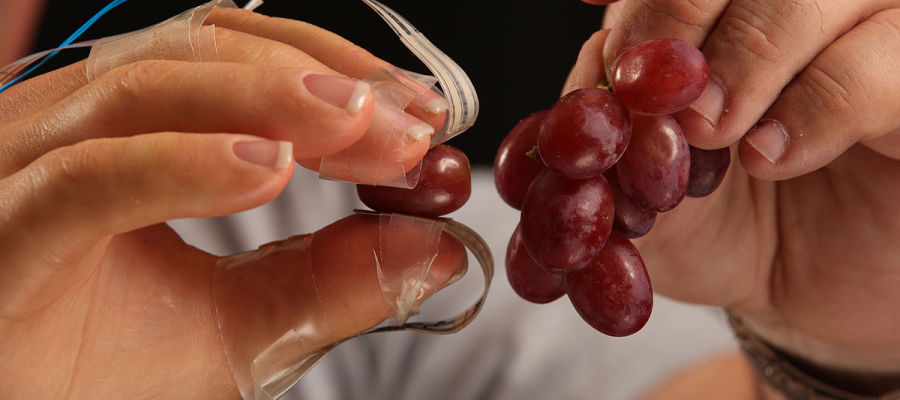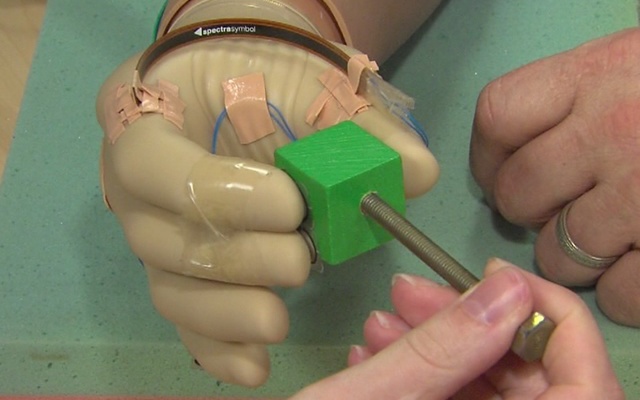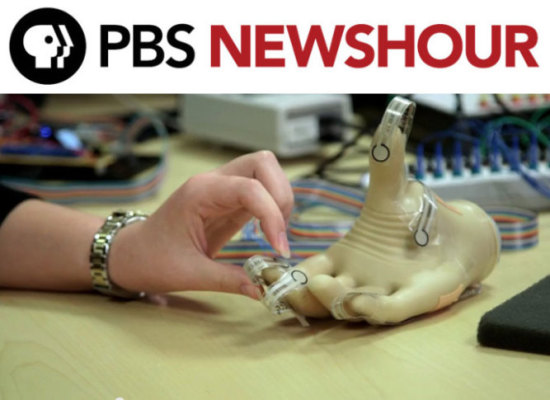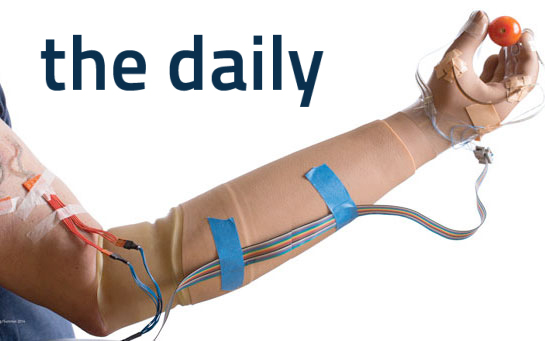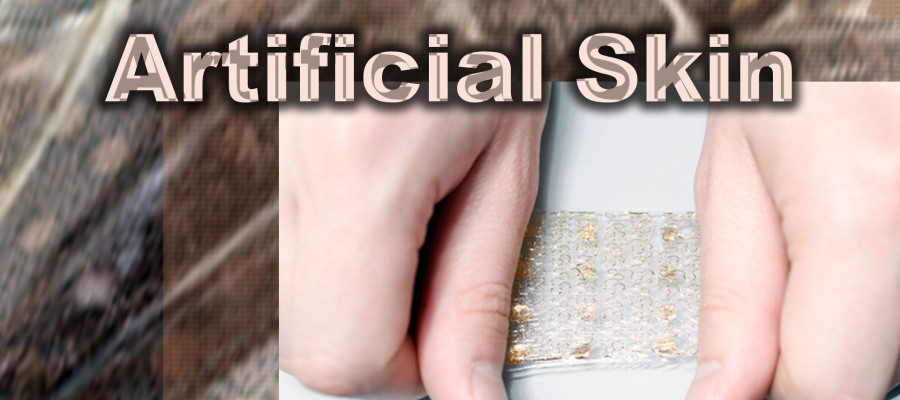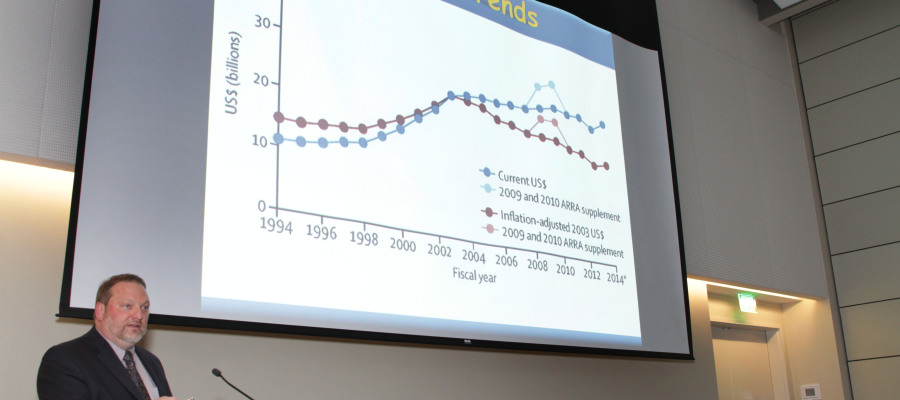The Artificial Hand That Feels
Technology reconnects amputees to the world of sensation A team of scientists led by Dustin Tyler from Case Western Reserve University in Ohio is reporting a breakthrough that might soon enhance the lives of amputees around the world. They have developed a system of electrodes and algorithms that has successfully enabled people to ‘feel’ through…
Details
